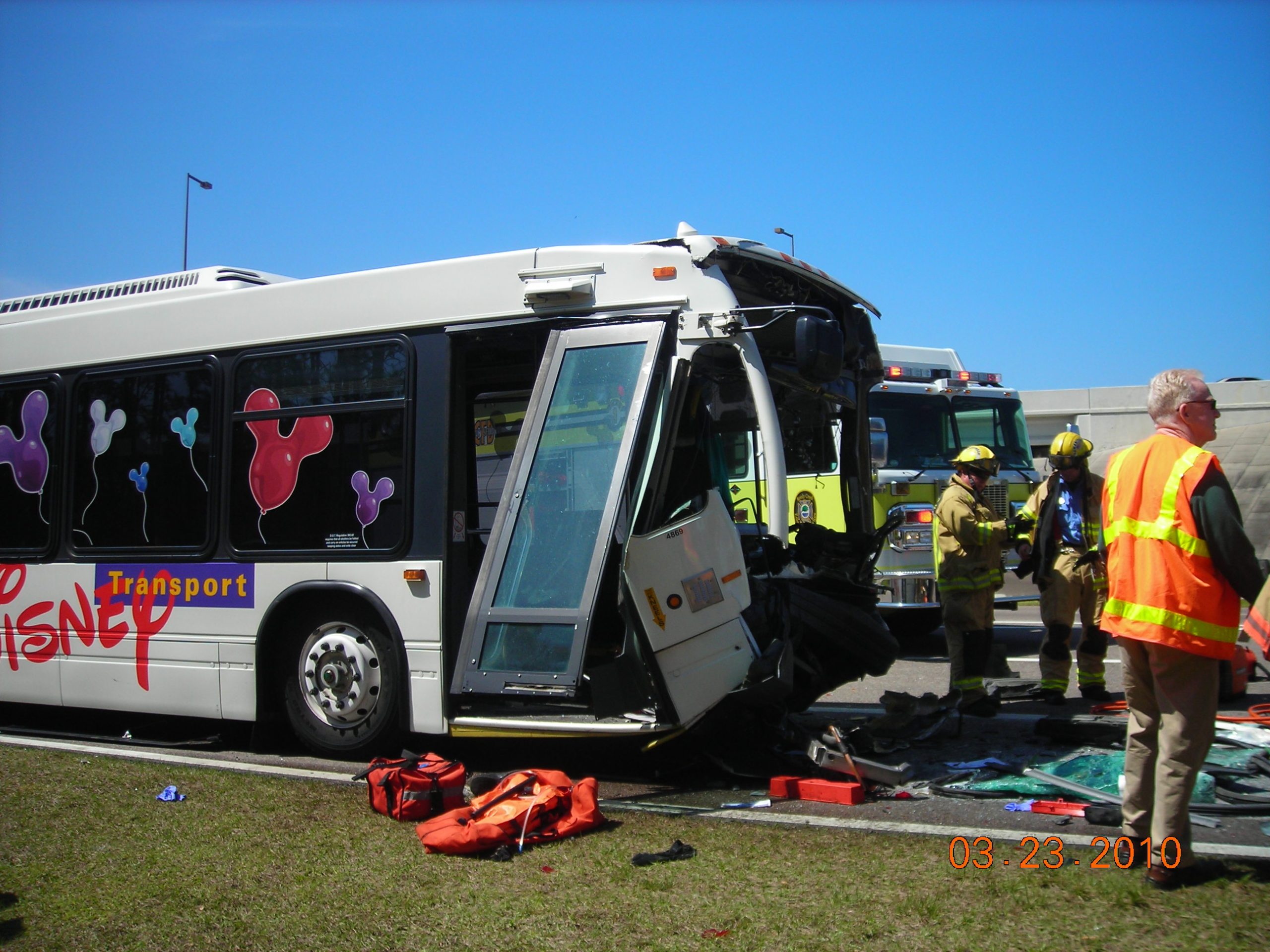Florida Statute § 440.13 governs the provision of medical care under Florida’s workers’ compensation system. As a general rule, the employer and its insurance carrier (collectively, the “E/C”) exercise substantial control over an injured worker’s medical care. The most significant manifestation of this control is the E/C’s statutory right to select the claimant’s authorized treating…
Continue reading ›Florida Injury Attorney Blawg
El Estatuto de Florida 624.155 otorga a las personas el derecho a demandar a las compañías de seguros si gestionan de forma indebida las reclamaciones y causan perjuicios económicos. Sin embargo, las aseguradoras de compensación laboral están exentas de estas disposiciones. El artículo 440.11(4) establece lo siguiente: “Sin perjuicio de lo dispuesto en el artículo…
Continue reading ›La Ley de Muerte por Negligencia de Florida, §§ 768.16–768.26, Estatutos de Florida, se centra en las pérdidas sufridas por los sobrevivientes individuales y crea un derecho distinto a la indemnización para cada uno. Si bien cada sobreviviente tiene un derecho independiente a la indemnización, no pueden presentar demandas por separado. En cambio, el representante…
Continue reading ›Rear-end collisions account for more than 25 percent of all roadway motor vehicle accidents. The reflexive response is to blame the driver of the approaching vehicle – the one who strikes the vehicle ahead. Florida law reinforces this instinct by creating a rebuttable presumption of fault against the trailing driver. Gulle v. Boggs, 174 So.…
Continue reading ›Can a Worker Injured Outside Florida Be Eligible for Florida Workers’ Compensation Benefits? Under § 440.09(1)(d), Fla. Stat., an employee injured outside Florida may still be entitled to Florida workers’ compensation benefits if certain conditions are met: “If an accident happens while the employee is employed elsewhere than in this state, which would entitle the…
Continue reading ›A core responsibility of lawyers representing clients with personal injury or property-damage claims is to maximize recovery. Conventional wisdom holds that recovery is limited to actual damages – the plaintiff cannot collect more than the loss suffered. Florida law, however, provides a pathway to expand recovery when subrogation, reimbursement, or contribution rights exist. In Despointes…
Continue reading ›Florida’s Wrongful Death Act, §§ 768.16–768.26, Fla. Stat., focuses on the losses suffered by individual survivors and creates a distinct entitlement to damages for each one. Although each survivor has a separate claim for damages, they may not bring separate lawsuits. Rather, the decedent’s personal representative is the sole party with standing to file a…
Continue reading ›Companies make billions of dollars leasing and renting motor vehicles. One might expect that with such profits would come a corresponding responsibility to compensate innocent people injured through the negligent operation of those vehicles. They don’t. The Florida Legislature once believed they should. It may still believe so, but its will has been overridden by…
Continue reading ›Uninsured/Underinsured Motorist (UM/UIM) coverage – governed by section 627.727, Florida Statutes – is first-party insurance designed to compensate insureds for both economic damages (such as medical expenses and lost wages) and non-economic damages (such as pain and suffering) resulting from motor vehicle accidents caused by uninsured or underinsured drivers. Although every automobile insurer authorized to…
Continue reading ›Disabled commercial vehicles pose significant hazards to motorists. Although approaching drivers often bear much of the blame for rear-end collisions, commercial vehicles that become disabled in active lanes of traffic frequently contribute to serious and fatal accidents—often through little or no fault of the approaching motorist. These crashes occur not only at night or in…
Continue reading ›














